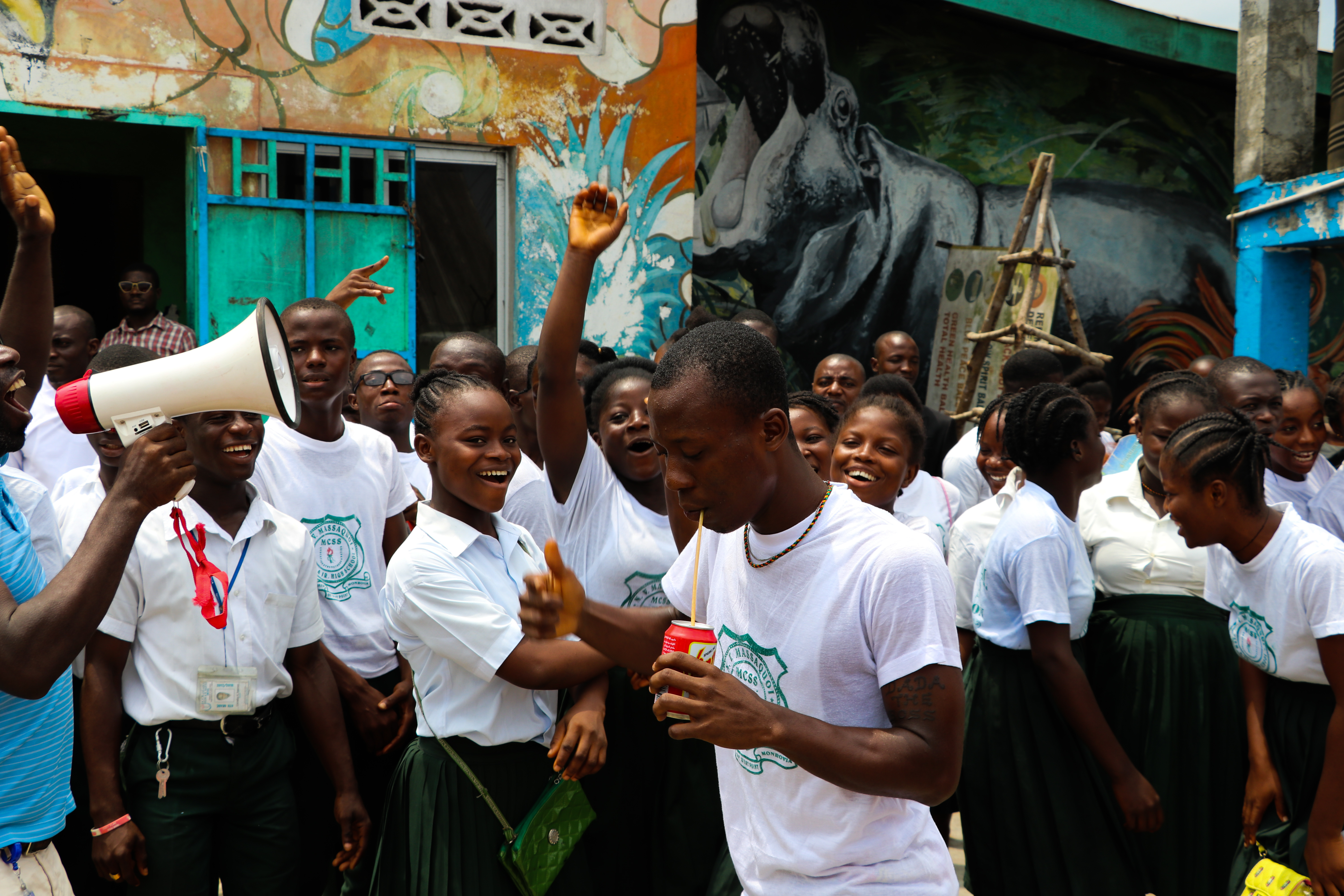- Who We Are
- How We Work
- Regional / Country Initiatives
- Legacy
- Core Themes
- Working Groups
- Portfolio & Results
- Newsroom
- Resources
Addressing Informality in Cities Through Inclusive Urban Governance

A joint webinar by DeLoG, WIEGO and Cities Alliance
Addressing Informality in Cities Through Inclusive Urban Governance
Watch the recording of the event:
Webinar on 14 December 2020, 15:00 - 16:30 CET
Organised by the Secretariat of the Development Partners Network on Decentralisation and Local Governance (DeLoG), Cities Alliance and WIEGO, this webinar will provide an opportunity to discuss needs and prospects for the creation of more solidary and egalitarian cities where informal settlements’ inhabitants and workers are recognised, supported and included as city dwellers with equal rights.
Speakers
- Christine Mwelu Mutuku, Community Organizer and Federation Leader – Slum Dwellers International (SDI)
- Sonia Maria Dias, Waste Specialist – WIEGO
- Adriana Allen, President of the Habitat International Coalition and Professor of Development Planning and UrbanSustainability – University College London (UCL)
Background
Looking at cities on a global scale reveals that “the informal is the normal”. Informality domi-nates both housing and local economies. As migration pressure on cities persists, this trend is increasing. Informality is thus a widespread element of urban life, albeit often an unac-knowledged one. Informal workers are essential for the daily functioning of cities and keep important services going. At the same time, informality is synonymous with denial of the enjoyment of an extensive range of human rights and marginalisation on a massive scale.
The COVID-19 pandemic is focusing new attention on urban informality in a multi-faceted way.
On the one hand, it dramatically underlines the significant vulnerabilities and increased risks that those living in informal settlements and working in informal economies—women in particular—encounter due to the outbreak and countermeasures. On the other, it seems to provide impulses for new approaches to urban informality in the future—approaches that break away from the status quo, based on the proper recognition, support and inclusion of communities living and working in informal contexts as integral parts of cities.
Objective
The webinar will provide an opportunity to explore more thoroughly needs and potential for moves in new directions as well as signs for change that already exist. Participants are invited to identify steps and key aspects for improvement whereby the current context of the pandemic will merely serve as starting point. The ambition is to progress beyond narrow discussion of COVID-19 effects and responses.
Consequently, the debate will aim to reflect on the vision of creating new governance mechanisms that can promote structural changes to overcome current urban segregation and inequalities through comprehensive transformation.
Results
The participants of the event perceived the pandemic as an opportunity to leverage the agenda on informality by increasing the visibility of slum dweller's needs during and beyond Covid-19. Sonia Dias elaborated on WIEGO's threefolded approach that supports workers organizations through impact mapping, advances the recognition of informal workers through advocacy on the local and global level and offers technical assitance through documentation and research to decision-makers.
Community leader Christine Mwelu Mutuku explained how data collected by the community enhances the influence of vulnerable groups and women in particular to make their voice heard towards the local government. It ensures that Covid responses react to the reality on the ground while preventing inadequate measures.
We want change and we want to speak for ourselves!
Christine Mwelu Mutuku




